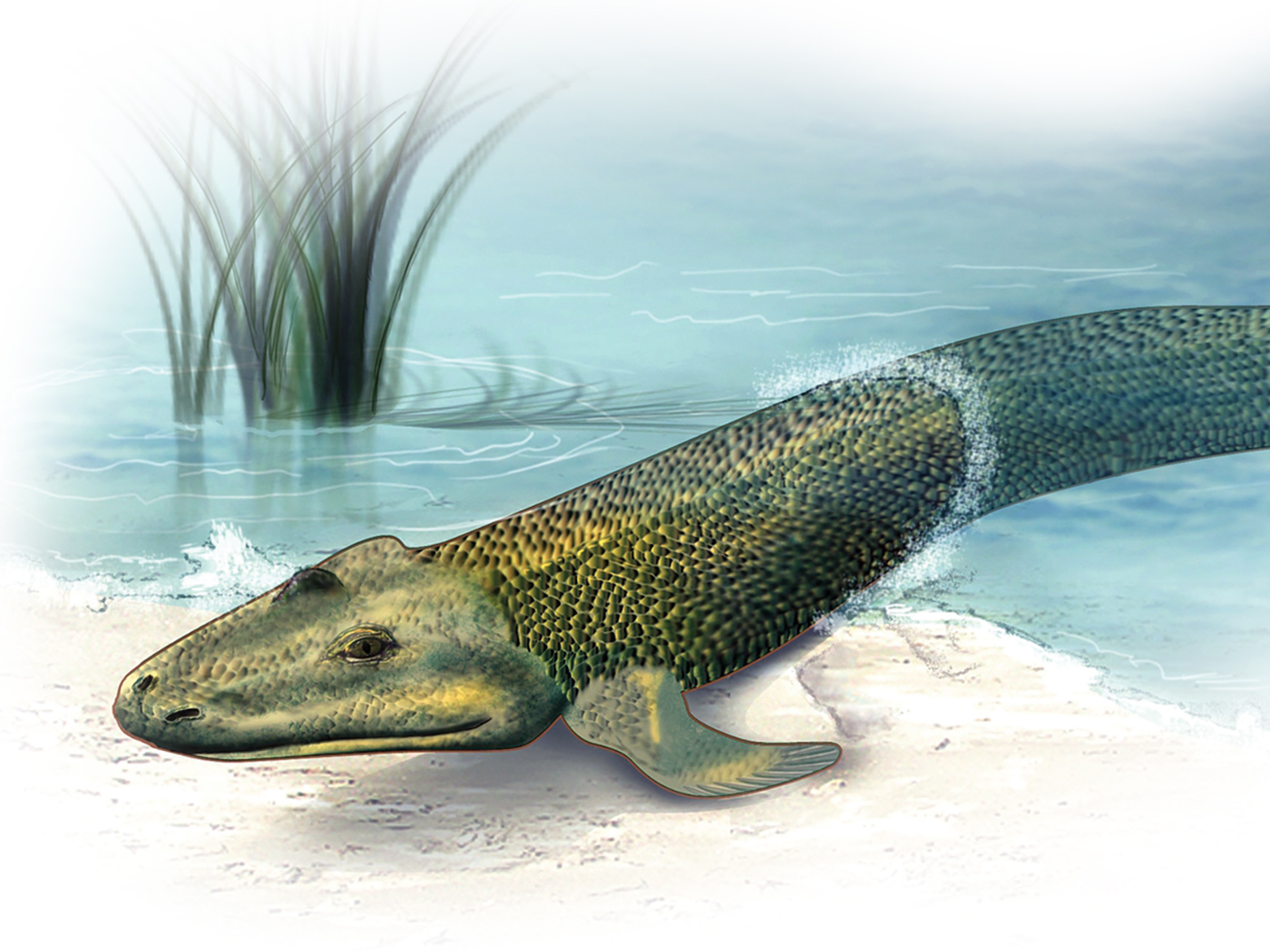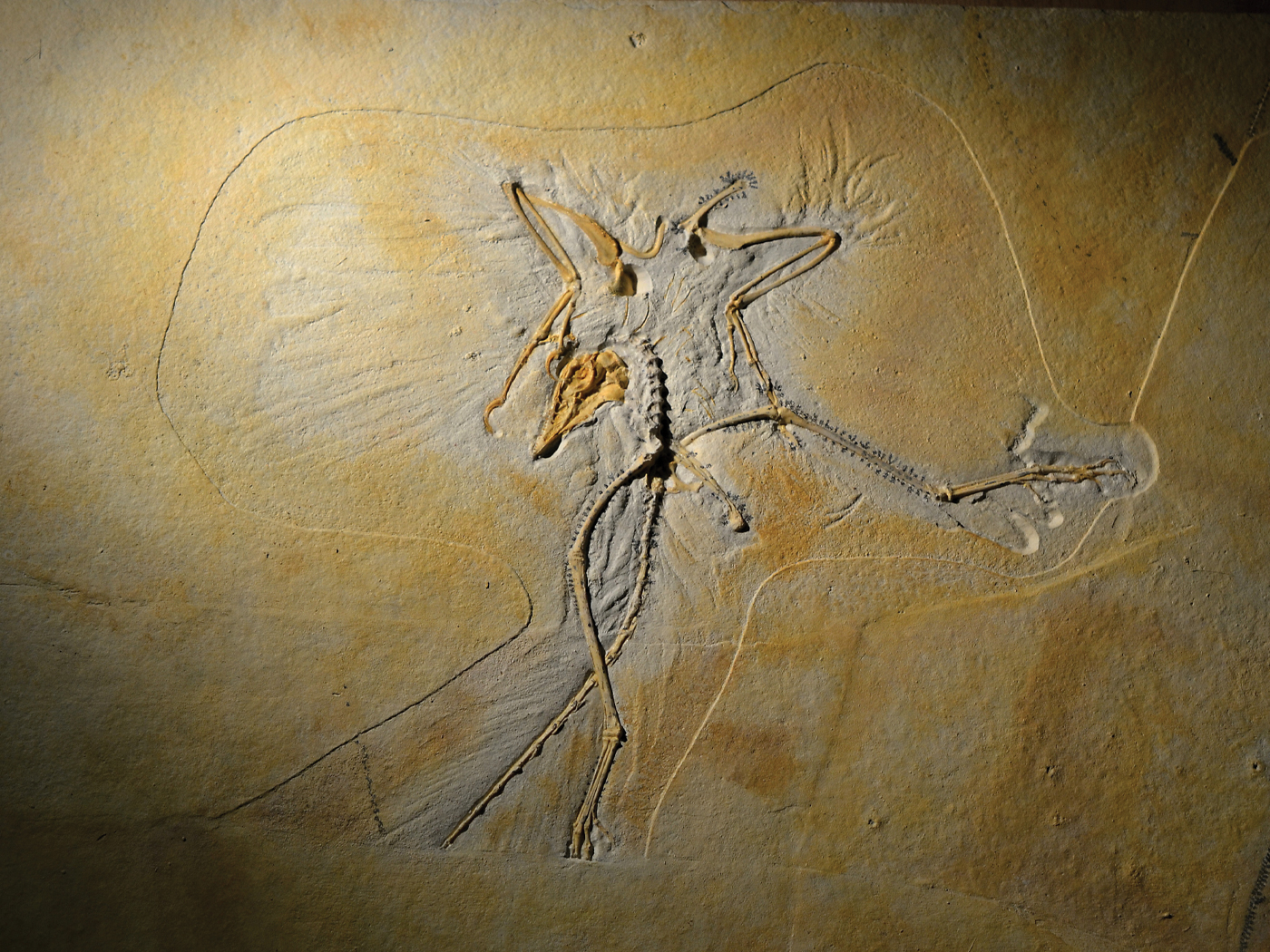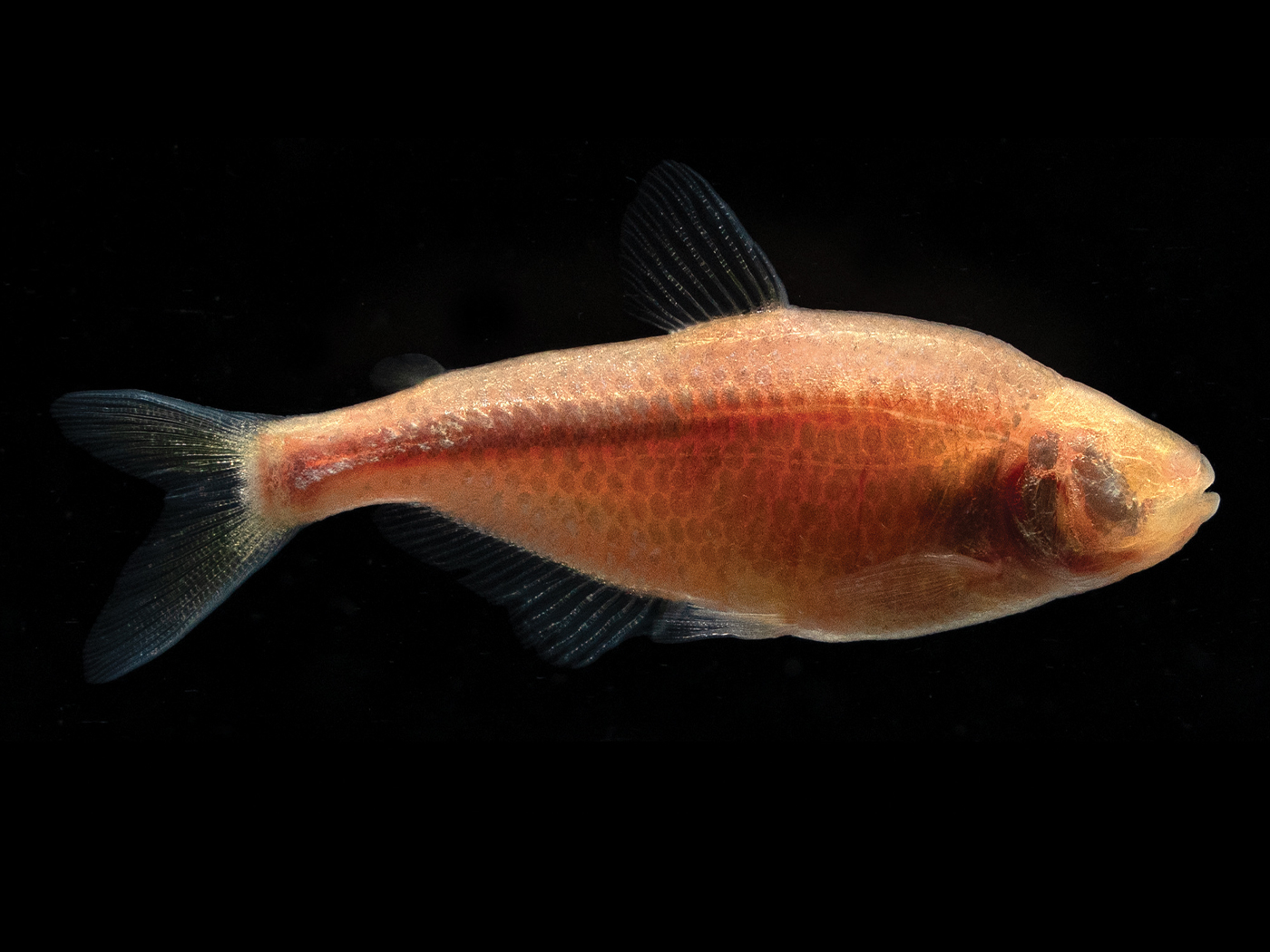Survey data collected from 1986 to 2005 revealed disturbing information about scientific reporting across a host of fields. Almost two percent of scientists personally admitted to having “fabricated, falsified, or modified data or results.”1 And when asked about their colleagues’ actions, the falsification figure jumped to 14 percent.
Additionally, up to 72 percent perceived their fellow scientists as guilty of other questionable research practices. An analysis of the survey data published online in PLoS ONE concluded that “it appears likely that this is a conservative estimate of the true prevalence of scientific misconduct.”1
This study verifies the sentiment of the late evolutionary paleontologist Stephen Gould, who wrote in 1994, “The stereotype of a fully rational and objective ‘scientific method,’ with individual scientists as logical (and interchangeable) robots, is self-serving mythology.”2 In other words, scientists are human and capable of deception, just like people in any other field.
The published analysis also found that medical and pharmacological researchers reported a higher rate of misconduct, “supporting fears that the field of medical research is being biased by commercial interests.”3
If commercial interests can encourage the manipulation of research data, then why not other ideological interests? There have been many examples where a “scientific” conclusion was more the result of evolutionary bias than it was a deduction from the data that was examined. Fossils such as Piltdown man, Java man, Nebraska man, as well as embryonic recapitulation, vestigial organs, and the supposed evolutionary behavior of the peppered moth, were all widely-accepted evidence for evolutionary concepts until they were debunked by later research.
These are historical examples of data manipulation to fit a preselected conclusion. Coupled with the find that “around 46 per cent [of scientists] say that they have observed fellow scientists engage in…presenting data selectively or changing the conclusions of a study in response to pressure,”3 they demonstrate the potential fallibility of scientists and their dependence, like all other people, upon starting assumptions in their interpretation of data.
Of course, not all scientific investigation is skewed. On the contrary, the vast majority of descriptive studies, and most experimental investigations, yield good and useful results. However, just because a report appears in a scientific journal does not make it entirely trustworthy. It is wise to keep this in mind when it is declared that some aspect of evolution is true because “science” has proved it.
References
- Fanelli, D. 2009. How Many Scientists Fabricate and Falsify Research? A Systematic Review and Meta-Analysis of Survey Data. PLoS ONE. 4 (5): e5738.
- Gould, S. J. 1994. In the Mind of the Beholder. Natural History. 103 (2): 14.
- Devlin, H. One in seven scientists say colleagues fake data. Times Online. Posted on timesonline.co.uk June 4, 2009, accessed June 18, 2009.
* Mr. Thomas is Science Writer at the Institute for Creation Research.
Article posted on July 1, 2009.













